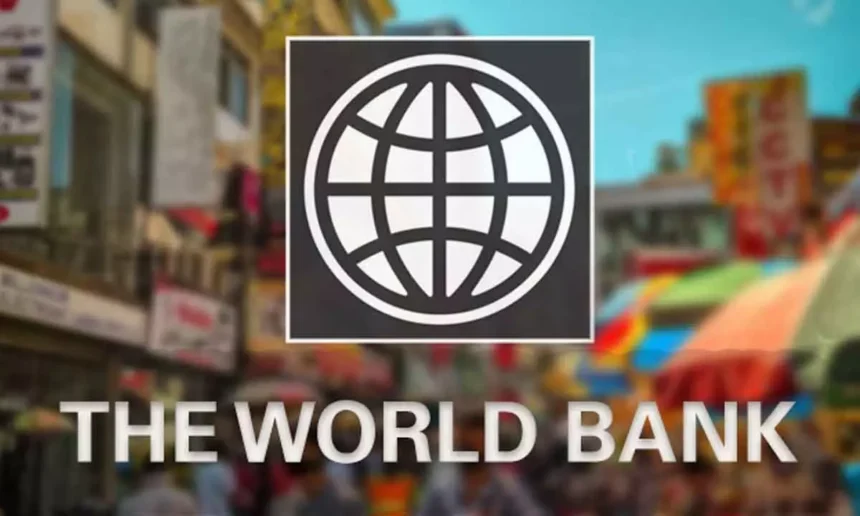In a significant boost to Sri Lanka’s efforts to overcome its ongoing economic crisis, the World Bank has approved a substantial financing package of USD 700 million. This funding represents the largest tranche of financial assistance received by the country since its agreement with the International Monetary Fund (IMF) in March. The aid aims to support the nation’s recovery endeavors while providing relief to those who have been most severely affected by the crisis. Sri Lanka, currently grappling with the worst economic downturn in its history, has been facing significant challenges in recent years.
The Sri Lankan economy experienced a contraction of over seven percent in 2022, underscoring the severity of the economic difficulties faced by the nation. These challenges prompted widespread protests across the island, leading to the removal of the influential Rajapaksa family from the political arena. In this context, the World Bank’s decision to allocate a substantial amount of funding is expected to have a transformative impact on Sri Lanka’s recovery prospects.
The approval of USD 700 million in financing by the World Bank’s Board of Directors on Wednesday signifies a resolute commitment to assisting Sri Lanka during these critical times. The Washington-based institution acknowledged the urgent need to address the country’s economic crisis and extend support to vulnerable communities. In a press release, the World Bank stated its intention to help Sri Lanka recover from the current crisis while ensuring the well-being of the poor and vulnerable segments of society.
The allocated funds will be utilized to implement a comprehensive recovery plan that addresses the multifaceted challenges facing Sri Lanka. The plan encompasses measures aimed at revitalizing the economy, promoting sustainable growth, and providing a safety net for those most affected by the crisis. The World Bank’s financial assistance will help bolster the country’s infrastructure, create employment opportunities, and facilitate the restoration of essential services.
Beyond immediate relief efforts, the funding will also contribute to the development of long-term resilience strategies for Sri Lanka’s economy. The World Bank’s support will enable the implementation of structural reforms that enhance governance, transparency, and fiscal management. These measures will play a crucial role in strengthening the nation’s economic foundations and fostering a favorable business environment.
The approval of this substantial financing package serves as a testament to the international community’s recognition of Sri Lanka’s challenges and the importance of providing assistance to help the country regain stability. The World Bank’s commitment is expected to mobilize additional support from other development partners and private investors, thus further bolstering Sri Lanka’s recovery efforts.
The Sri Lankan government, in collaboration with the World Bank, will be responsible for implementing and monitoring the utilization of the funds. Transparent and accountable management of the financing will be vital to ensure its efficient allocation and maximum impact. The involvement of relevant stakeholders, including civil society organizations, will help ensure that the needs of the most vulnerable communities are adequately addressed.
As Sri Lanka embarks on its path to recovery, the financial support from the World Bank represents a significant step forward. It not only provides immediate relief to those affected by the economic crisis but also lays the groundwork for sustainable and inclusive growth in the long term. By working together, the international community and Sri Lanka can strive towards a brighter future, characterized by economic stability, social development, and improved living standards for all its citizens.




